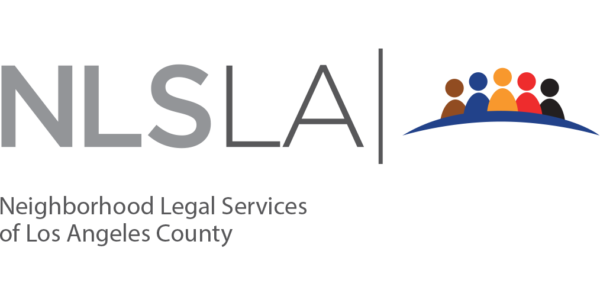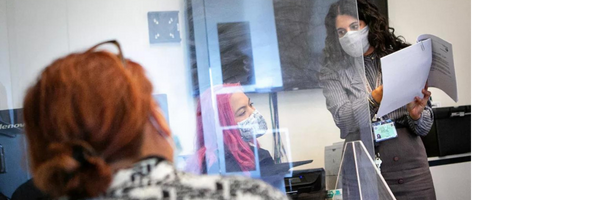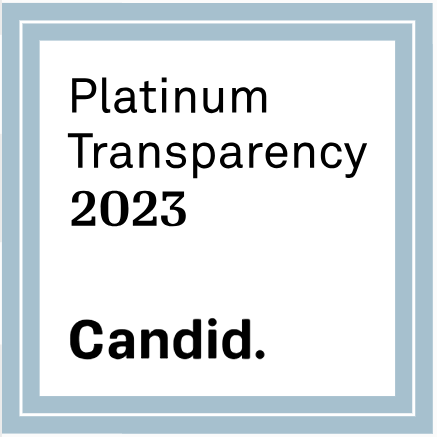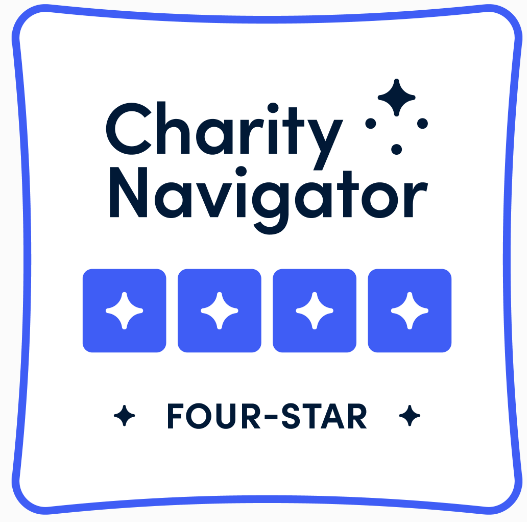An NLSLA-Led Project that Reduces Racial and Economic Health Disparities is in Danger of Disappearing
As COVID-19 made its way across the nation, it did not exact an equal toll. A New York Times article about the virus’s spread through Los Angeles’ low-income neighborhoods said “nowhere else in America can the unequal toll of the virus be felt more dramatically.”
What accounted for these disparities in Los Angeles County? A lack of economic opportunity, a dearth of affordable housing, widespread food insecurity, and a persistent lack of meaningful access to healthcare. These are the “social determinants” of health, and they are the focus of a successful partnership between LA County and legal services organizations to improve health outcomes in low-income neighborhoods. Medical Legal Community Partnership – LA (MLCP-LA), which launched in 2018, provides legal assistance to the most vulnerable patients in Los Angeles, seeking sustainable improvements in the lives of individuals who suffer multiple social and economic stressors.
In just four years, MLCP-LA has opened nearly 12,000 cases, helping people to access critical benefits, avoid eviction, find safety and stability after domestic violence, eliminate crippling medical debt, and address habitability issues like lead paint. More than 65% of patients who benefitted from MLCP legal services are Latinx, and 13% are Black. They live in some of the most vulnerable communities in Los Angeles County, including South Los Angeles and the Antelope Valley. And the help they received had a profound impact on their lives.
The project’s success has shown us that the law can be a powerful tool in addressing underlying issues that may be causing or exacerbating health problems. And yet at this critical moment, when health disparities are more apparent than they have ever been before, MLCP-LA may have to close its doors. Major reforms to the state’s health services delivery model have eliminated the funding for MLCP-LA, and unless Los Angeles County finds an alternate source of funding, the project will disappear.
MLCP-LA is a remarkably cost-effective project. For just $1.75 million each year, LA County has connected thousands of people to the region’s most effective nonprofit lawyers, who have removed significant barriers to their health and wellbeing. What’s more, these lawyers have saved Los Angeles County vast sums of money by preventing circumstances—like homelessness, hospitalization, and mental health emergencies—that drain local resources. Another cost-saving aspect of the MLCP-LA project is its success enrolling patients in state- and federally-funded benefits like SSI, CalFresh, full-scope Medi-Cal, and Medicare, which significantly improve their circumstances while also alleviating county cost burdens.
Medical providers who treat Los Angeles’ most vulnerable populations attest to the project’s impact on their patients.
“You can deliver the healthcare, but if you can’t eliminate those barriers and address legal needs, it doesn’t improve the patient’s health,” said Dr. Breena Taira, Director of Social Medicine at Olive View-UCLA Medical Center. “A lot of times it’s access to services—like their Medi-Cal got denied, or their social security stopped coming—and those are such immediate needs that if we don’t help them to deal with that they can’t adhere to the treatment plan and their health deteriorates. We need partners who can help us take down those barriers.”
MLCP attorneys have conducted extensive trainings of medical staff to bolster the clinical team’s ability to identify legal problems and understand resources available through MLCP-LA. The ability to offer a referral for legal help has empowered medical providers.
“One of the things that causes burnout is seeing patients who have a lot of problems and not being able to help them—it leads to a lot of moral injury among healthcare providers,” said Dr. Taira. “The MLCP gives us a whole other way to help our patients.”
One patient that comes to mind for Dr. Taira is a survivor of domestic violence who arrived at the hospital after the abuse had escalated and caused serious injury. MLCP attorneys quickly helped her get a restraining order, and then got to work on her U-Visa application, a special immigration status available to victims of violent crimes who cooperate with authorities to bring their attackers to justice. “It allowed her independence, so she was no longer dependent on the abuser,” said Dr. Taira. “That changes somebody’s life. That’s a life altering intervention.”
Dr. Manuel Campa, Primary Care Director at LAC+USC Medical Center, said the MLCP-LA allowed medical providers to protect patients quickly when the pandemic arrived.
“Right as the pandemic was surging and people were losing their jobs, we had a huge influx of patients coming to our food pantry,” he said. “We started screening patients in line to see if they need food assistance and other benefits, and referred them to the MLCP lawyers. Food insecurity often intersects with other legal needs, and so the MLCP lawyers could help them with benefits, rental assistance, eviction protection, and a host of other issues that became all the more urgent during the pandemic.”
MLCP-LA is a collaboration between NLSLA, Legal Aid Foundation of Los Angeles, Bet Tzedek Legal Services, Mental Health Advocacy Services and the LA County Department of Health Services. A significant number of patients referred to legal services through MLCP-LA had never before accessed legal services, meaning the project opened a critical new portal through which people living in poverty can access legal help. Had they not been connected to legal aid through their medical providers, their legal issues would have remained unresolved, continuing to exacerbate with time and deepening the already shameful disparities that have made poverty the single greatest predictor of negative health outcomes.
This is the moment to expand projects like MLCP-LA, not eliminate them. The pandemic showed us that a failure to address disparities in health can mean the difference between life and death. It would be unconscionable to turn our back on one of the only programs in the County seeking to address those disparities directly.



